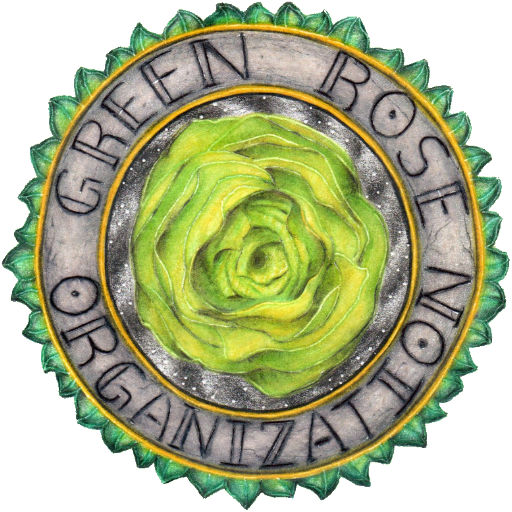
WHAT IS CHARACTER?
CHARACTER AS DEFINED BY MODERN AND ANCIENT SCIENCE
The concept of “character” has been explored across disciplines and eras since time immemorable, with fascinating nuances in both ancient and modern science. In ancient times, “character” was often intertwined with philosophical and moral studies while modern interpretations blend psychology, neuroscience, and sociology.
ANCIENT SCIENCE
Aristotle and Virtue Ethics: The Greek philosopher Aristotle viewed character as the sum of one’s virtues and habits. He emphasized that developing good character required practicing virtues like courage, wisdom, and temperance, aiming to achieve “eudaimonia” (human flourishing or fulfillment). Hippocrates and the Four Humors: Ancient Greek medicine, particularly Hippocrates’ theory of the four humors (blood, phlegm, yellow bile, black bile), linked character to bodily fluids. For example, someone dominated by blood might be optimistic (sanguine), while excess black bile might make one melancholic. Eastern Perspectives: Ancient Chinese thought, particularly in Confucianism, emphasized moral character (known as De) as central to societal harmony. Similarly, in Indian traditions, the concept of Dharma underscored ethical behavior and duties as intrinsic to character.
MODERN SCIENCE
Psychology and the Big Five: Contemporary psychology defines character through traits such as the Big Five Personality dimensions—openness, conscientiousness, extraversion, agreeableness, and neuroticism. These measurable traits are used to describe and predict behavior. Neuroscience and Brain Function: Neuroscience studies have delved into how brain structure and function influence character traits. For instance, the prefrontal cortex plays a critical role in self-control and decision-making, both of which shape character. Genetics and Environment: Modern science acknowledges that character is shaped by a combination of genetic predispositions and environmental influences. Epigenetics, for example, shows how experiences can influence gene expression, impacting personality and behavior. While ancient science viewed character largely through a philosophical or humoral lens, modern science leans on empirical studies and biological mechanisms. Despite the shift in approach, both perspectives converge on the idea that character is deeply rooted in human behavior, ethics, and development.
WHY IS CHARACTER IMPORTANT?
Character and character development are crucial for many reasons, whether in storytelling or real-life contexts. In stories, character development brings depth and relatability. Well-developed characters engage audiences, make narratives compelling, and evoke emotions. People connect with characters who grow, struggle, and overcome obstacles because those arcs mirror real human experiences. Without strong character development, stories can feel hollow or uninspiring. It also helps illuminate themes and enrich the overall message of the story—making it resonate deeply. In life, character represents the essence of who someone is—their values, choices, and beliefs. Developing one’s character is fundamental to personal growth, forming meaningful relationships, and contributing positively to society. It involves refining qualities like integrity, empathy, resilience, and kindness. Growth builds trust, makes individuals more adaptable, and allows them to better navigate challenges and changes over time. In both cases, character development is about evolution—striving to be better, more aware, and more impactful.

